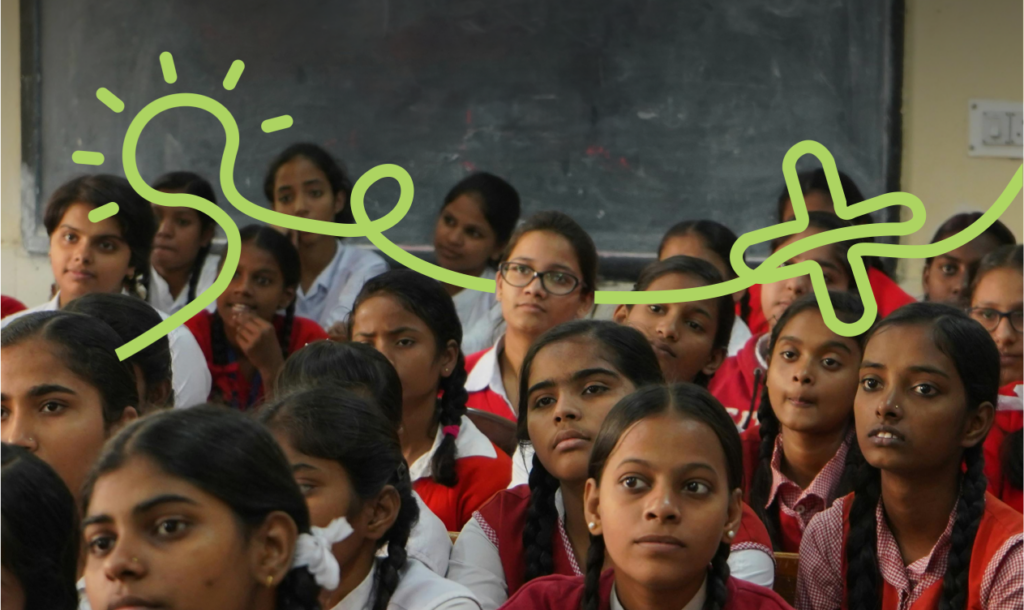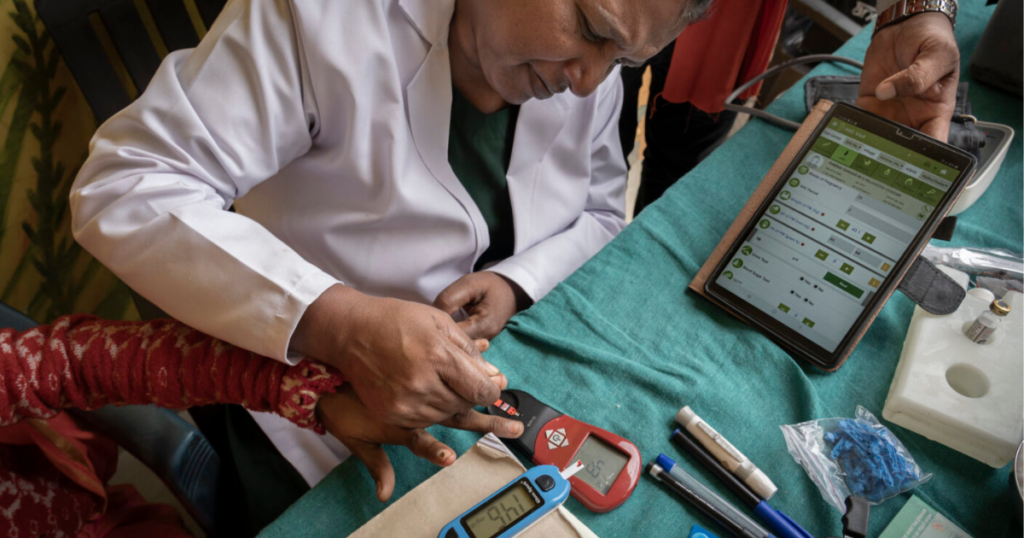The Government, recognising the importance of digitisation as a means for effective delivery of public service, is facilitating the development of digital public goods through the creation of relevant policies and frameworks. This study aims to analyse the policies and frameworks that govern technological development in India to understand the principal areas of focus of the Government and potential implication for stakeholders.
Intervention areas
Government legislation is concentrated in four areas. A majority of the policies prioritised development of new technologies through innovation, along with risk management – both implying a focus on foundational development of the digital ecosystem in India, as well as establishment of standards for data protection and privacy within the emerging ecosystem. Several policies are also framed around data storing and sharing. These lay down standardised rules and mechanisms for consensual storage and sharing of data. There is minimal focus on content moderation policies at present – policies that govern and regulate content published on digital platforms to ensure a safe and secure digital space for users.
Sectors
The largest number of policies were observed to be sector-agnostic, including policies that enable setting standards for digital data sharing, interoperability and privacy, as well as policies that promote digitisation of service delivery processes across sectors (for example, policies enabling development of e-governance tools). A sizeable number of policies focus on the science and technology sector, particularly promoting innovation (for example, policies promoting technology and software products startups) and risk management (for example, policies protecting digital public infrastructure against cyber attacks). Special emphasis is laid on protection against potential leak of individuals’ healthcare and financial data. Effort has been made to promote rights, equality and empowerment in the digital space (for example, policies facilitating universal, equal and unhindered access to electronics and ICTs products and services; and policies setting standards for permissible speech on the internet).
Enacting authorities
Multiple ministries at the Union level have enacted policies, guidelines, and frameworks to govern India’s digital landscape, the most prominent among them being the Ministry of Electronics and Information Technology, followed by Ministries of Health and Family Welfare, Science and Technology, and Communications .
- The Ministry of Electronics and Information Technology is the main authority promoting e-development in India. It focuses on multiple intervention areas such as fostering innovation, risk management, data storing and sharing.
- The Ministries of Health and Family Welfare, Communications, and Science and Technology prioritise the protection of health-related data, and fostering innovation in the communications and science and technology sectors, respectively.
Opportunities for stakeholders
Philanthropic organisations, multilaterals, private sector players and non-profits have a proactive role to play in bringing about a digital transformation within the given legislative and regulatory ecosystem.
- Philanthropic organisations and multilaterals have the opportunity to provide relevant inputs to the government on policy development, design large scale technology adoption programmes, along with providing financial and capacity building support to technology developers. Multilaterals can additionally facilitate the development of global internet-related technical standards.
- Non-profits can develop awareness programmes to highlight the value of technology-based interventions and alleviate the fear of loss of data. They can also develop digital literacy programmes to enable users and service delivery agents to engage with the digital ecosystem.
- The private sector can leverage open-source technologies and open APIs, made easily accessible through the legislative framework, to innovate tech-based solutions and applications.
Authors: Shreyanka Chandel, Bhavi Shah, Arnab Mukherjee and Abhishek Modi.




